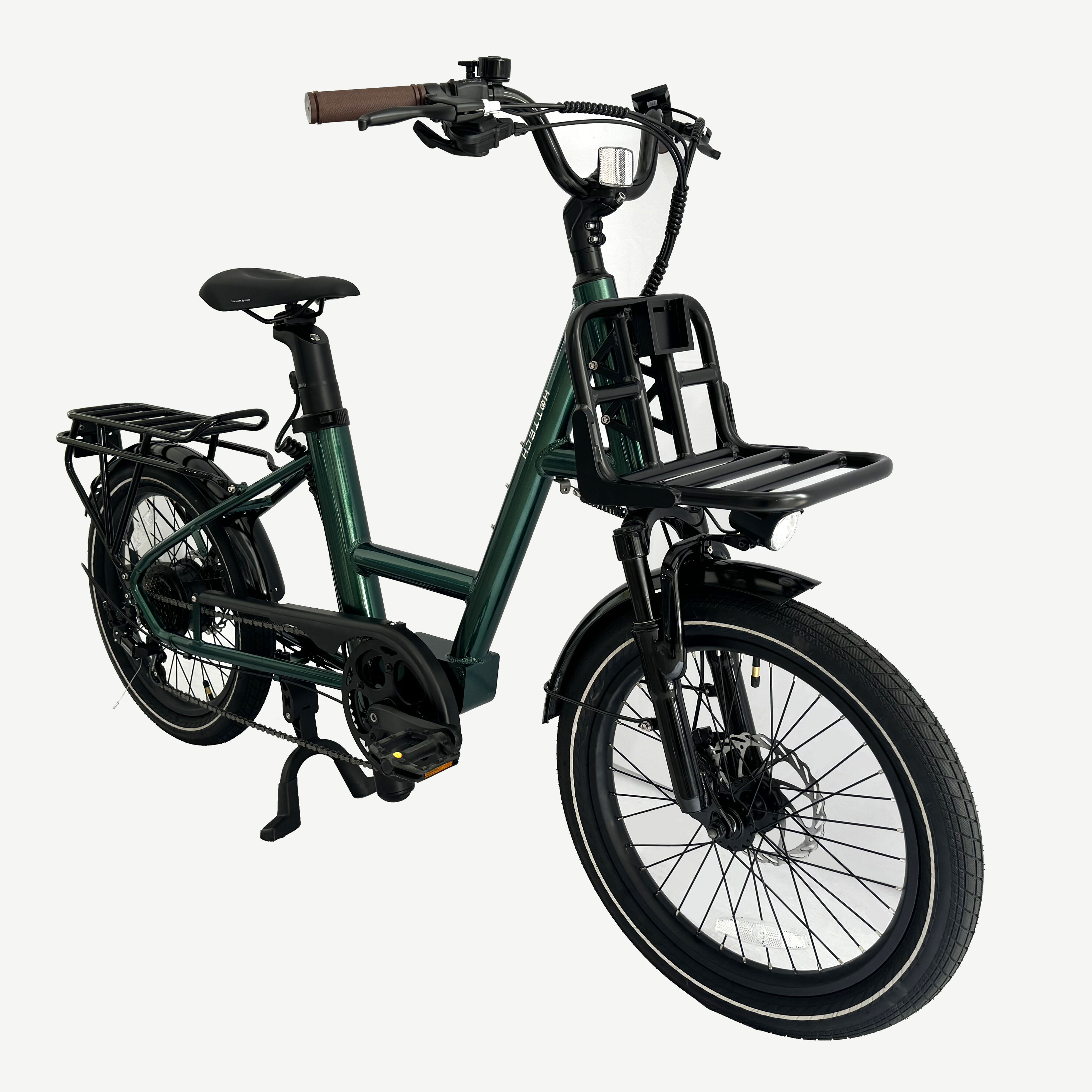electric bike
The electric bike represents a revolutionary advancement in personal transportation, combining traditional cycling mechanics with modern electric assistance technology. These vehicles feature a robust electric motor system that seamlessly integrates with pedal power, allowing riders to achieve higher speeds and tackle challenging terrain with reduced effort. The core component is a high-capacity lithium-ion battery that powers an efficient motor, typically mounted either in the hub of one wheel or centrally in the frame. Most models offer multiple assistance levels, from eco mode for maximum range to boost mode for demanding situations. Advanced features include regenerative braking systems, intelligent power management, and LCD displays showing speed, battery level, and distance information. The bikes typically achieve speeds of 15-28 mph, depending on local regulations, with ranges varying from 25-70 miles per charge. Modern electric bikes incorporate smart connectivity features, allowing integration with smartphone apps for navigation, fitness tracking, and system diagnostics. Safety features include integrated LED lighting systems, hydraulic disc brakes, and puncture-resistant tires. The frame designs vary from traditional bicycle appearances to more innovative configurations, all optimized for weight distribution and handling characteristics with the added electronic components.


